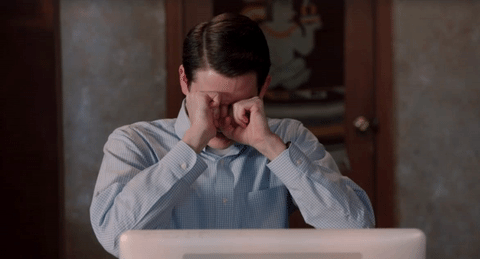
Explore how anxiety can show up in your life, work, and relationships
Read on

Why “Nice” Advice Used to Stress Me Out
When you have an anxiety disorder, you’re used to navigating the world of “life advice” like football players doing the block and tackle. New perspectives are coming at you from all directions, and it’s your job to quarterback yourself through the experience intact. It’s not always easy, though.
In the past few years, I’ve learned that even well-intentioned, “nice” advice needs reframing in order to avoid leaving a mark. It’s just part of having anxiety.

My answer to "Can you recommend a therapist to help with my anxiety?"
I’m honored when people reach out for advice in a pivotal moment. On the other, the path to self- (and anxiety) awareness is littered with false starts and confusion. It can be hard to know exactly what to say. I confront my ambivalence about therapy and come up with the response I want to share with a friend. Now I share it with you, friends!